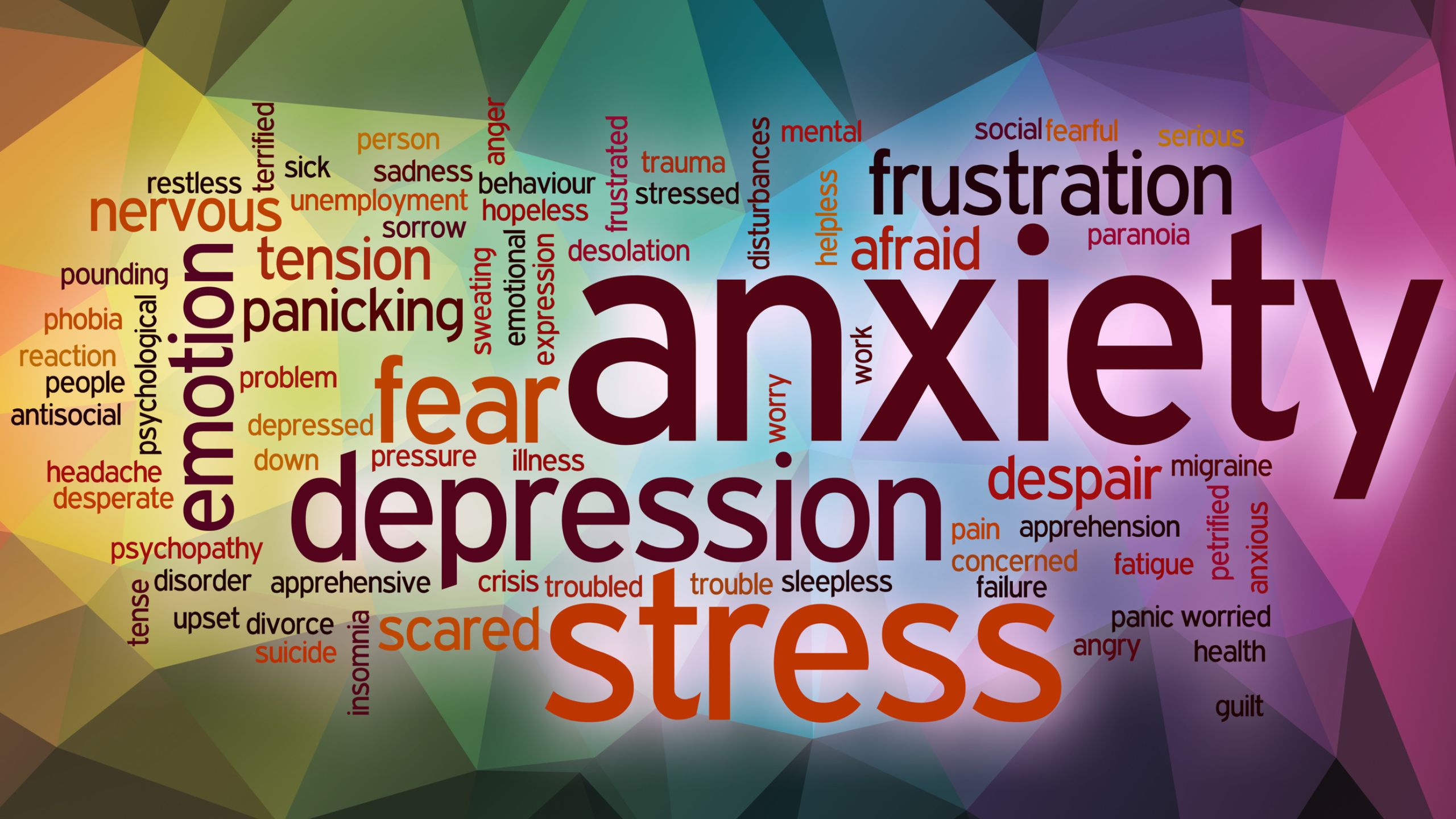What are 5 symptoms of anxiety?

Anxiety is a common condition that affects millions of people worldwide. It can manifest in a variety of ways, including physical symptoms, cognitive symptoms, and emotional symptoms. In this blog, we'll discuss 5 common symptoms of anxiety.
- Excessive Worrying
Excessive worrying is a common symptom of anxiety. It is characterized by constant thoughts of worst-case scenarios, even in seemingly benign situations. People with this symptom of anxiety may find themselves fixating on things that are unlikely to happen, but still feel as though they are very real threats.
- Physical Symptoms
Anxiety can manifest physically, and there are a number of physical symptoms that are associated with anxiety. These can include increased heart rate, rapid breathing, sweating, muscle tension, and gastrointestinal issues such as nausea or diarrhea. These physical symptoms can be very uncomfortable and can be mistaken for other medical conditions.
- Avoidance
People with anxiety may try to avoid situations that trigger their symptoms. For example, someone with social anxiety may avoid social events or situations where they will be in the spotlight. This can lead to isolation and further exacerbate their symptoms.
- Irritability
Anxiety can cause irritability and mood swings. People with anxiety may find themselves snapping at loved ones or becoming angry over minor issues. This can be frustrating for both the person with anxiety and those around them.
- Difficulty Concentrating
Anxiety can make it difficult to concentrate or focus on tasks. People with this symptom may find themselves easily distracted or have difficulty completing tasks. This can lead to decreased productivity and a sense of frustration or failure.
In conclusion, anxiety can manifest in a variety of ways and impact people in different ways. These 5 symptoms are just a few of the many ways that anxiety can manifest. If you or someone you know is experiencing symptoms of anxiety, it's important to seek professional help. A mental health professional can help you develop coping strategies and manage your symptoms.

